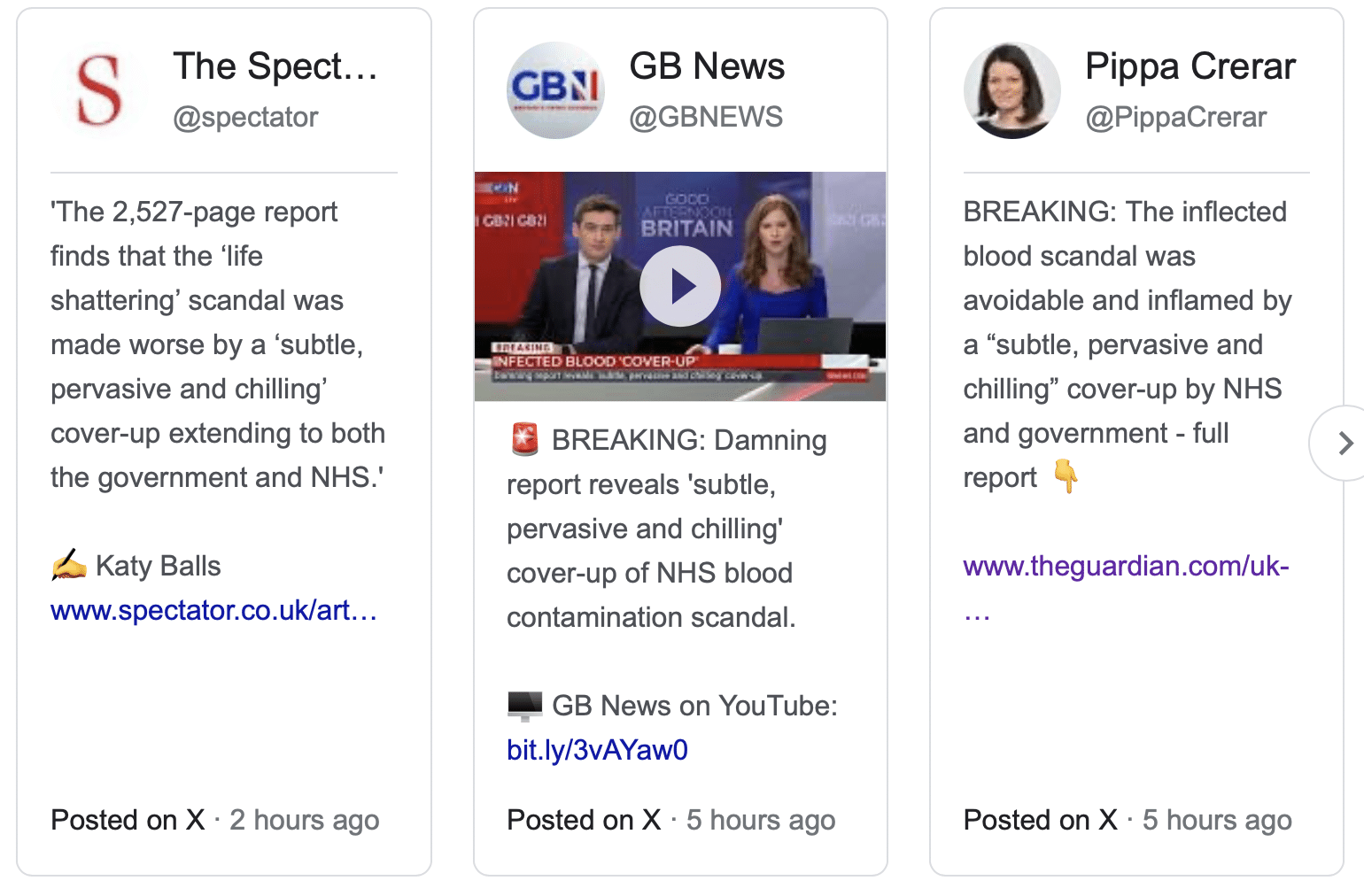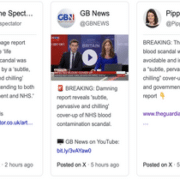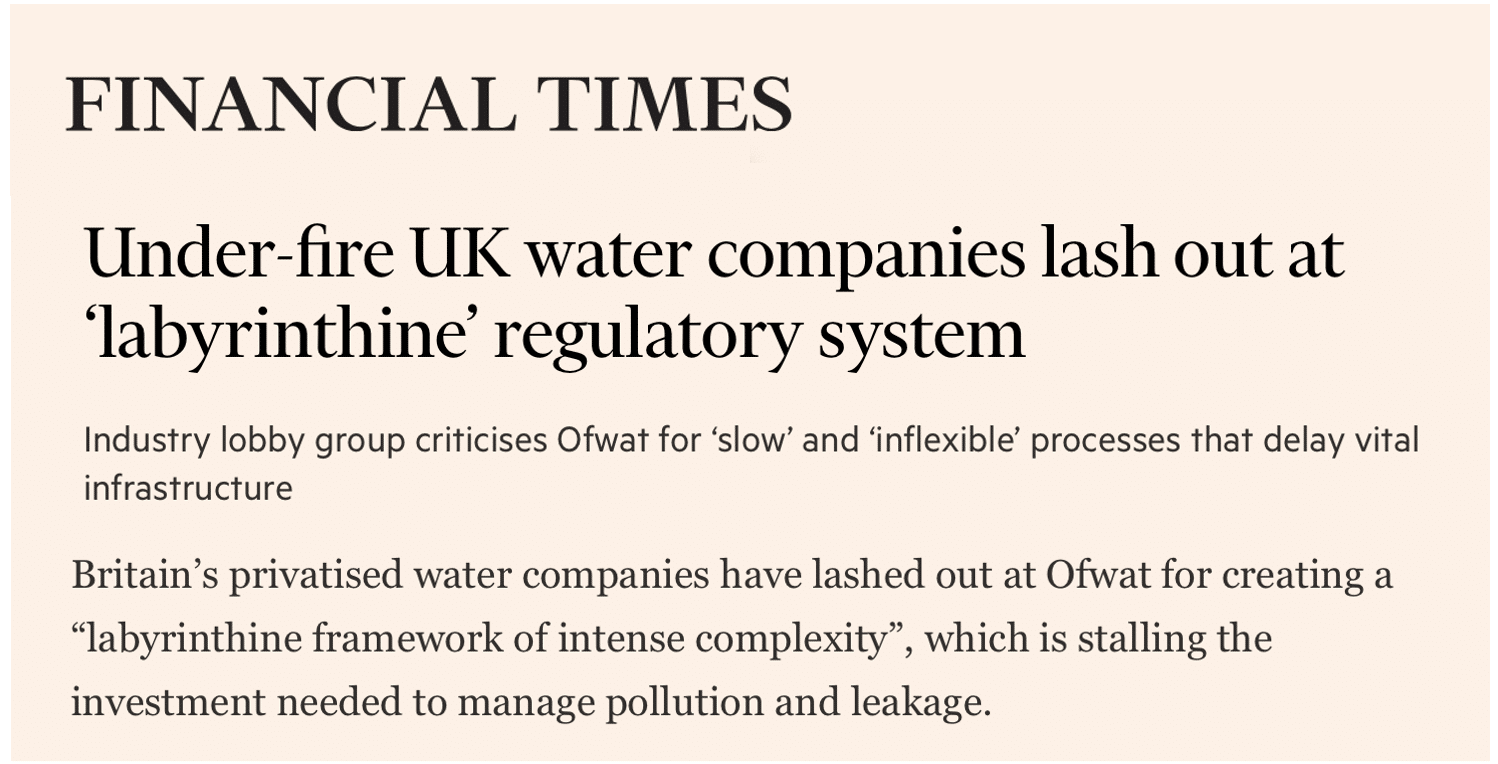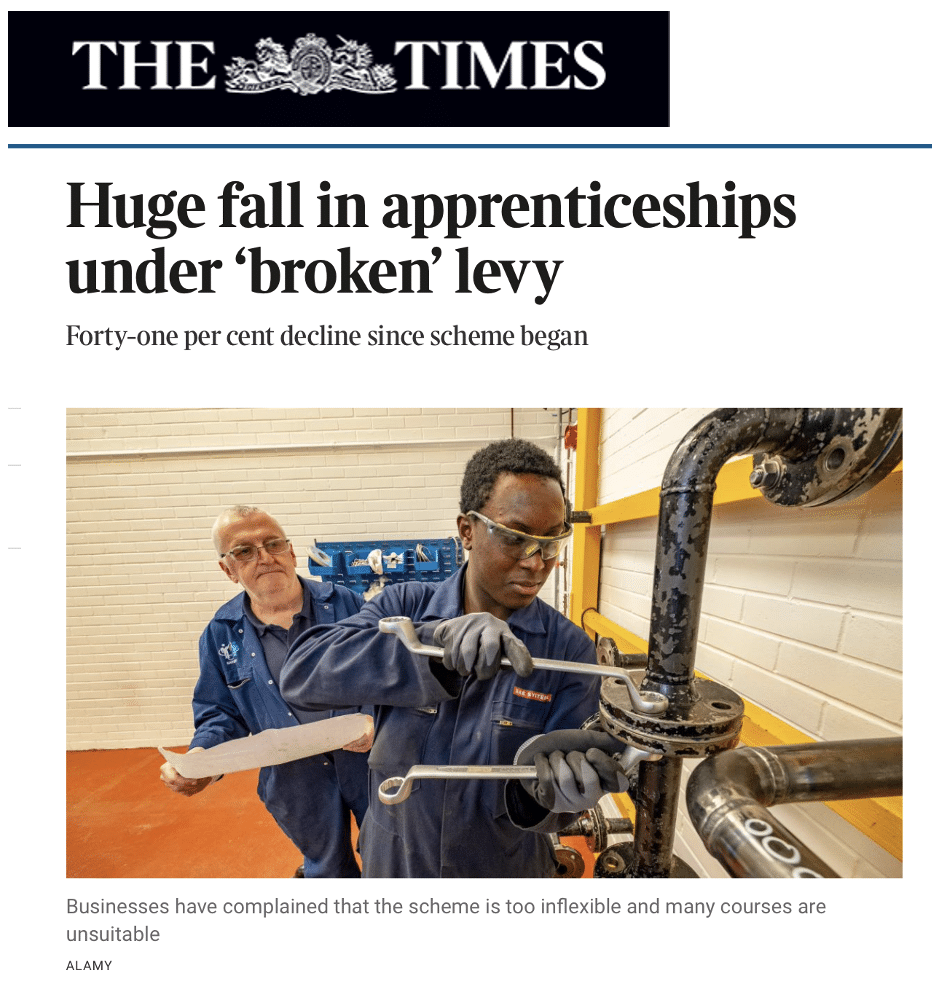Media Savvy Operators Know How to Place a Quote
An example of a carefully phrased quote came on Monday this week with the publication of the report of the 5-year inquiry into the infected blood scandal. The Chair of the inquiry Sir Brian Langstaff writes that the cover-up of the scandal by the NHS and the government was ‘subtle, pervasive and chilling’. Anyone watching the headlines will have seen that phrase pop-up repeatedly as the news broke. There are other good quotes too, but these four words dominated the early coverage of this 2,527-page report.

Another example of what I am sure was a crafted quote, came in a written submission from UK Water to the House of Commons environmental audit committee last week.
UK Water speaks for the water industry, and as the FT reported, Deputy Chief Executive Stuart Colville wrote:
(Ofwat has) “a difficult job in assessing these [business] plans but, in my view, has made this more difficult for themselves by creating a labyrinthine framework of intense complexity”. The submission also says Ofwat’s regulatory processes were “slow and insufficiently flexible.”
Submissions to House of Commons audit committees do not often make headlines but given the huge crisis around the UK’s water management, this one was bound to be scrutinised. The language Mr Colville chose meant he was guaranteed to be quoted, and in this case he also got the headline he would have wanted.
Proactive media engagement is quite an expensive business. Organisations invest a great deal of time in crafting press releases, reaching out to journalists and preparing for and doing interviews. And yet so many of these organisations shy away from being quotable.
CIPD is the professional body for HR and Learning and Development. This month they spent money on a YouGov survey of the problems of the Apprenticeship Scheme and issued a press release to highlight the results.
However, the press release includes no quotable language. There are several attributable quotes but they are dull and worthy. This meant any journalist writing the story would have struggled to find a good phrase to sum up the problems. And as we see in The Times’ coverage, they are likely to go elsewhere.
The Times headline quotes a ‘broken’ system. However, this quote did not come from the CIPD release, it is reused from an earlier story: and was originally said by John Roberts, CEO of AO World. Reporter Isabella Fish uses all the data from CIPD research and she does use a quote from the press release, but it does not make the headline. Dear oh dear. Why as a press office would you let that happen? In this case there is no harm but CIPD did not control the language and let the journalist choose the headline for the research CIPD paid for and promoted.
The moral of these stories is carefully craft your quote and you will control the coverage. If these ideas are new to you, check out our previous blogs on the subject:
Making Message Meaningful, the Art of Getting Quoted
Talk of War: Worried Leaders Walk a Tightrope
Learn to be Quotable and You. Will Control the Headlines
If you or your team would benefit from training in how to manage proactive or reactive media engagement, email us on enquiries@themediacoach.co.uk or call us on +44 (0)20 7099 2212,
- Media Savvy Operators Know How to Place a Quote - May 21, 2024
- The Magic of Performance - May 14, 2024
- Our Top Tips: - May 8, 2024






Leave a Reply
Want to join the discussion?Feel free to contribute!